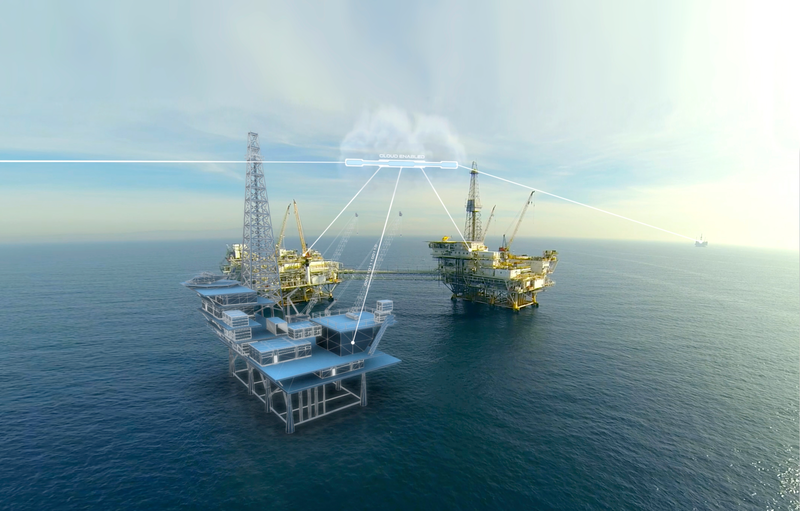
Bureau Veritas Solutions – Marine & Offshore is using its existing asset management digital twin capability, VeristarAIM3D, which was developed in partnership with Dassault Systemes, to support a range of customers around the globe.
BV Solutions is now working with the Oil and Gas Technology Centre to further develop their solution to create a digital twin that has the opportunity to revolutionise decommissioning.
There is an immediate need to minimise decommissioning costs while also ensuring legal compliance, risk reduction and on-time delivery of the project.
VeristarAIM3D is a digital solution that can be easily adopted at all stages of an asset lifecycle and combines a 3D digital twin, smart data and a collaborative platform that takes the digital twin beyond software as VeristarAIM3D looks at full workflows.
The solution already enables performance and integrity excellence on large, complex assets and projects, and this could be further extended to decommissioning. A decommissioning project could also be fully simulated to identify the best options, approach and highlight previously unidentified challenges.
Doing this in a virtual simulation before anyone offshore even begins to demolish is a game changer.
This project aims to introduce technology and work with an operator partner to identify the critical data required for a decommissioning project.
BV Solutions and its partners will modify and deploy the VeristarAIM3D decom software into the decommissioning sector in the interests of the greater good to bring enhanced stakeholder engagement, improve the tendering process, increase safety, enhance project management and avoid cost or project over-run.
This is an opportunity for the UKCS to lead the world in decommissioning. Industry experts and the authorities have been engaged through this process to ratify the potential cost savings which BV Solutions has identified in line with the Decommissioning Work Breakdown Structure.
VeristarAIM3D supports the digital revolution across an asset’s lifecycle, but specifically in decommissioning it has the scope to save the industry and the taxpayer by significantly contributing to the shared objective of reducing decommissioning costs by at least 35%.
The cost reduction target, on the current decommissioning cost estimate of £51 billion, will only be achieved or exceeded by adopting different approaches, learning from and sharing with others and challenging the way that we currently approach these projects.
Recommended for you
